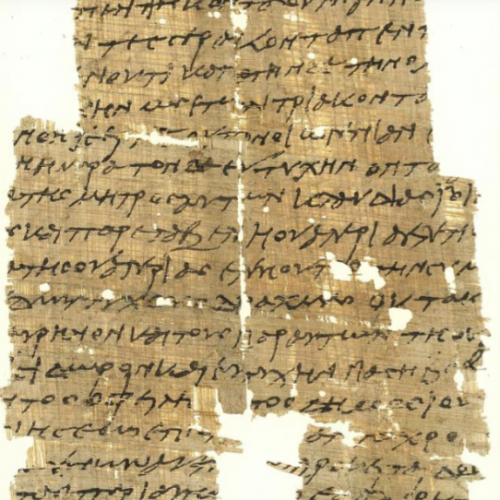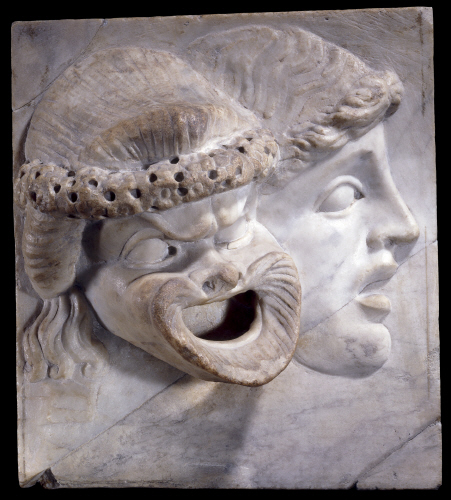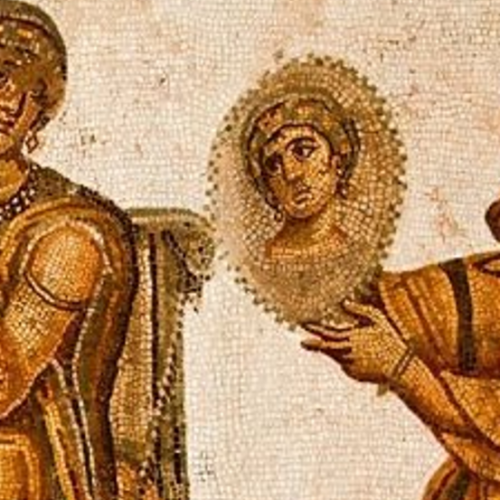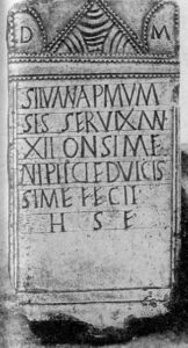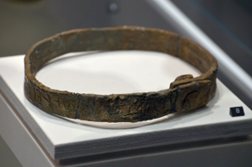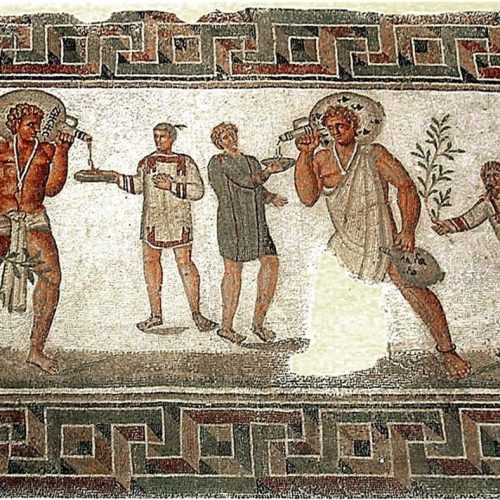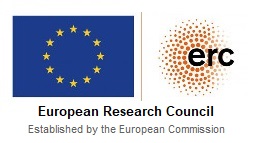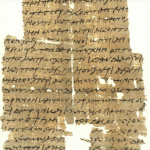The Project
This large-scale comparative research project investigates the presence of enslaved people within the home, their sexual use and exploitation by the free, and the wider social implications of this practice in the late Roman Empire and in its early medieval heirs.
As Roman society transformed into Latin Christendom, the Byzantine Empire, and substantial parts of the Islamic Caliphate, profound changes occurred to the ways in which people thought about themselves and others, the ways in which they related to each other, and the manner in which they reorganised themselves, household by household, into new societies. The unfree formed an important component, conceptually and in practice, of the household; their presence shaped the domestic environment and its interpersonal dynamics, thereby directly influencing the social transformations that ended the ancient world.
DoSSE Project explores this process to better understand how the societies of the greater Mediterranean world took their shape from the relationships established within the home.
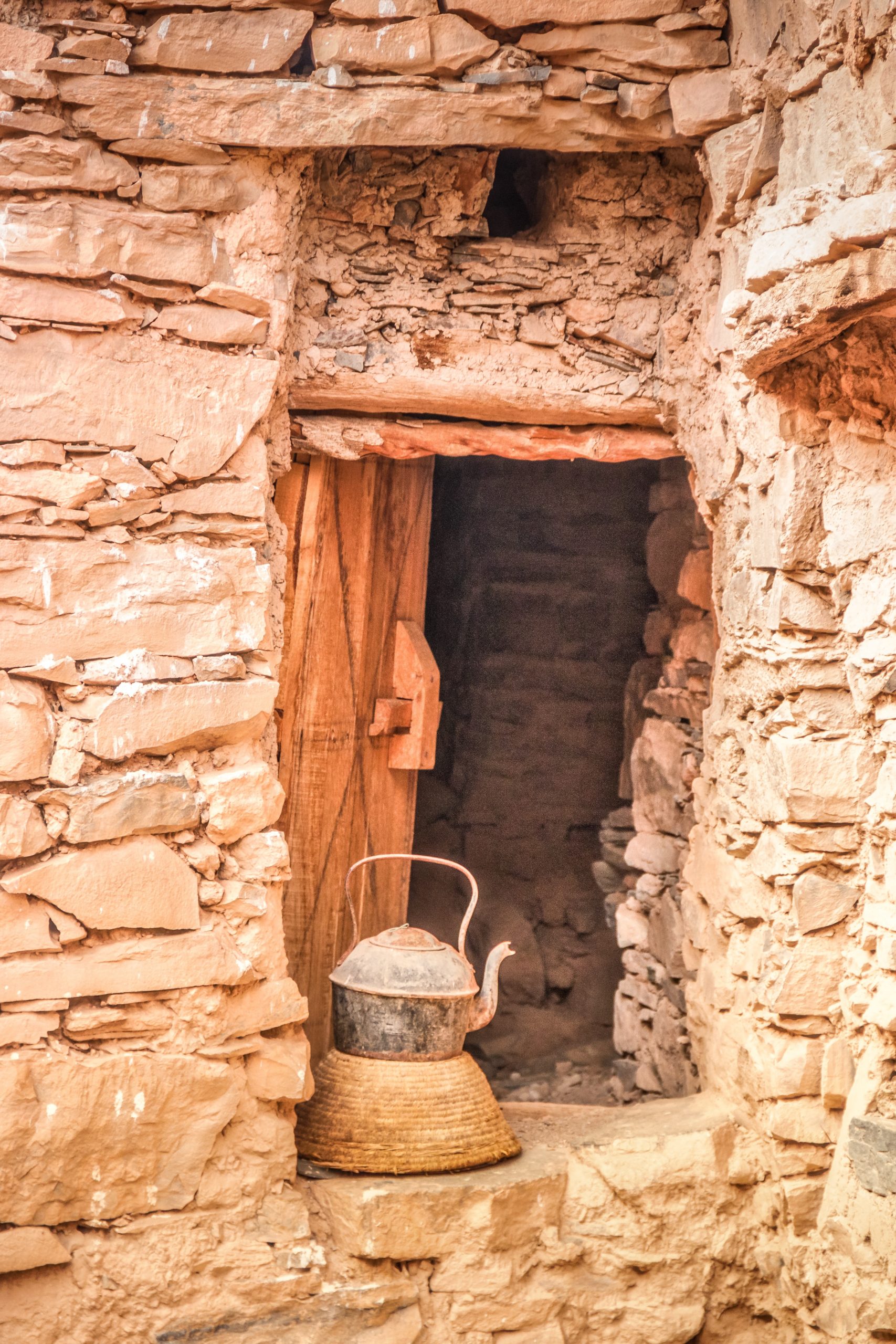
The Principal Investigator
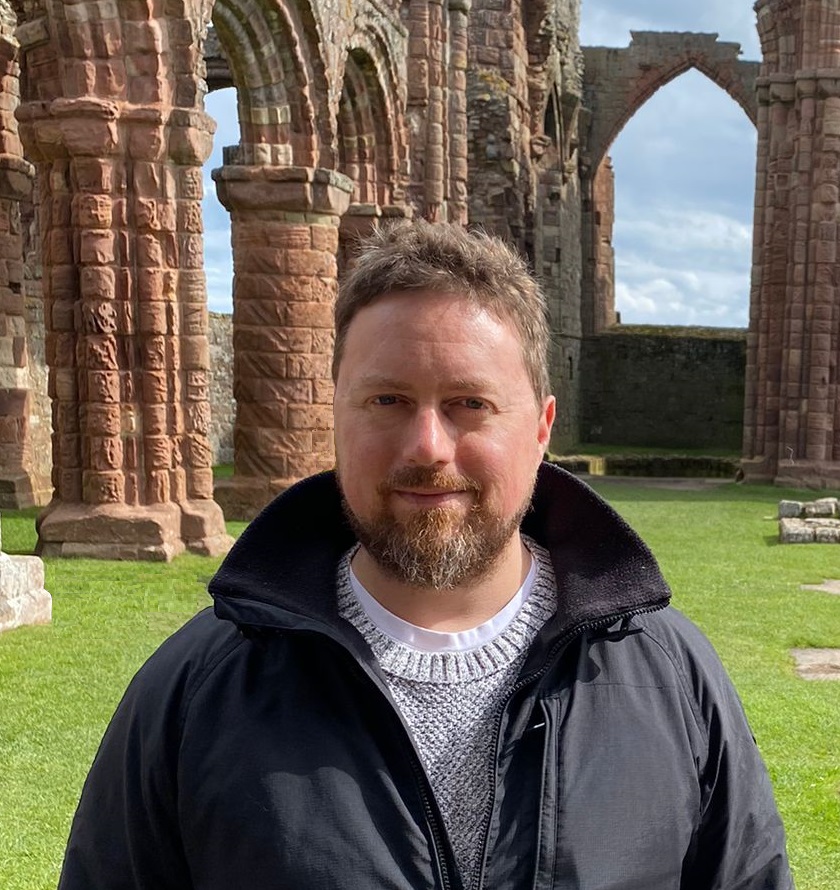
Erin Thomas Dailey is an Associate Professor of Late Antique & Early Medieval History at the University of Leicester with a lifelong interest in the changes that gripped the late Roman Empire and gave rise to the early medieval world.
He began his postgraduate research at the University of Leeds (School of History and Institute for Medieval Studies) with a focus on the barbarian kingdoms of the post-Roman West. Upon completing his PhD in 2011, he spent several years as an editor in academic publishing before he became a lecturer at the University of Leicester in 2018. During these years, he expanded his research horizons to include the whole of the greater Mediterranean world, from the third to tenth centuries, with a particular interest in the first centuries of Islam.
He is the author of Queens, Consorts, Concubines: Gregory of Tours and Women of the Merovingian Elite (Brill 2015) and the forthcoming Radegund, Queen and Saint (c. 523–587), due to be published with Oxford University Press in 2023.
The Funder
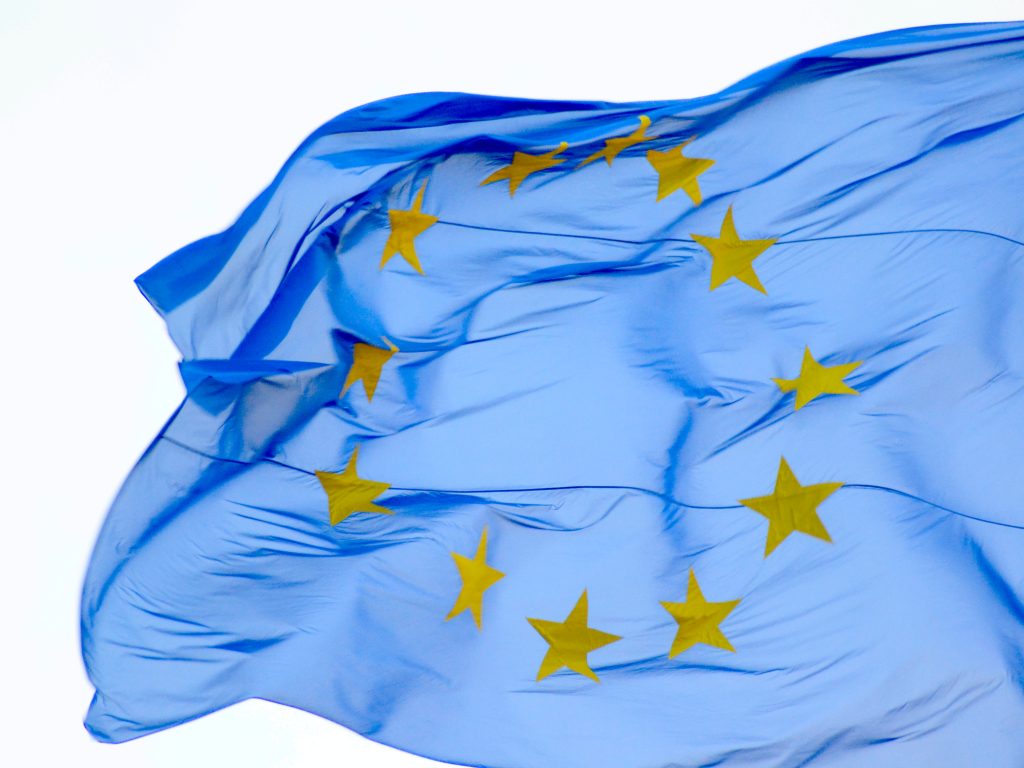
The European Research Council (ERC) is providing funding for DoSSE Project in the amount of €1,994,231.00 under the European Union’s Horizon 2020 research and innovation programme.
The ERC’s mission is to encourage the highest quality research in Europe through competitive funding and to support investigator-driven frontier research across all fields, on the basis of scientific excellence. The term ‘frontier research’ has been coined for ERC activities because they intend to result in fundamental advances at and beyond the ‘frontier’ of knowledge. By challenging Europe’s brightest minds, the ERC expects that its grants will help to bring about new and unpredictable scientific and technological discoveries.
The Host Institution
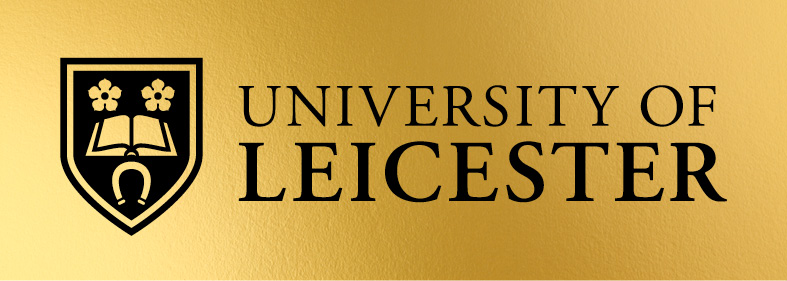
The University of Leicester is a leading UK university committed to international excellence through the creation of world changing research. To be a researcher is to make a difference. To be a researcher is to change the world. Every day, world-changing research happens at the University of Leicester. As Citizens of Change, our research excellence is changing lives and having transformative impact across the globe.
The School of History, Politics and International Relations is home to world-leading research, with History ranked second in the Research Excellence Framework 2021 for world-leading research by overall score.
- Erin Thomas Dailey
- 2 weeks Ago
- 10 Min Read
- Erin Thomas Dailey
- 1 month Ago
- 1 Min Read
- Erin Thomas Dailey
- 2 months Ago
- 8 Min Read
- Erin Thomas Dailey
- 4 months Ago
- 11 Min Read
- Erin Thomas Dailey
- 4 months Ago
- 10 Min Read



